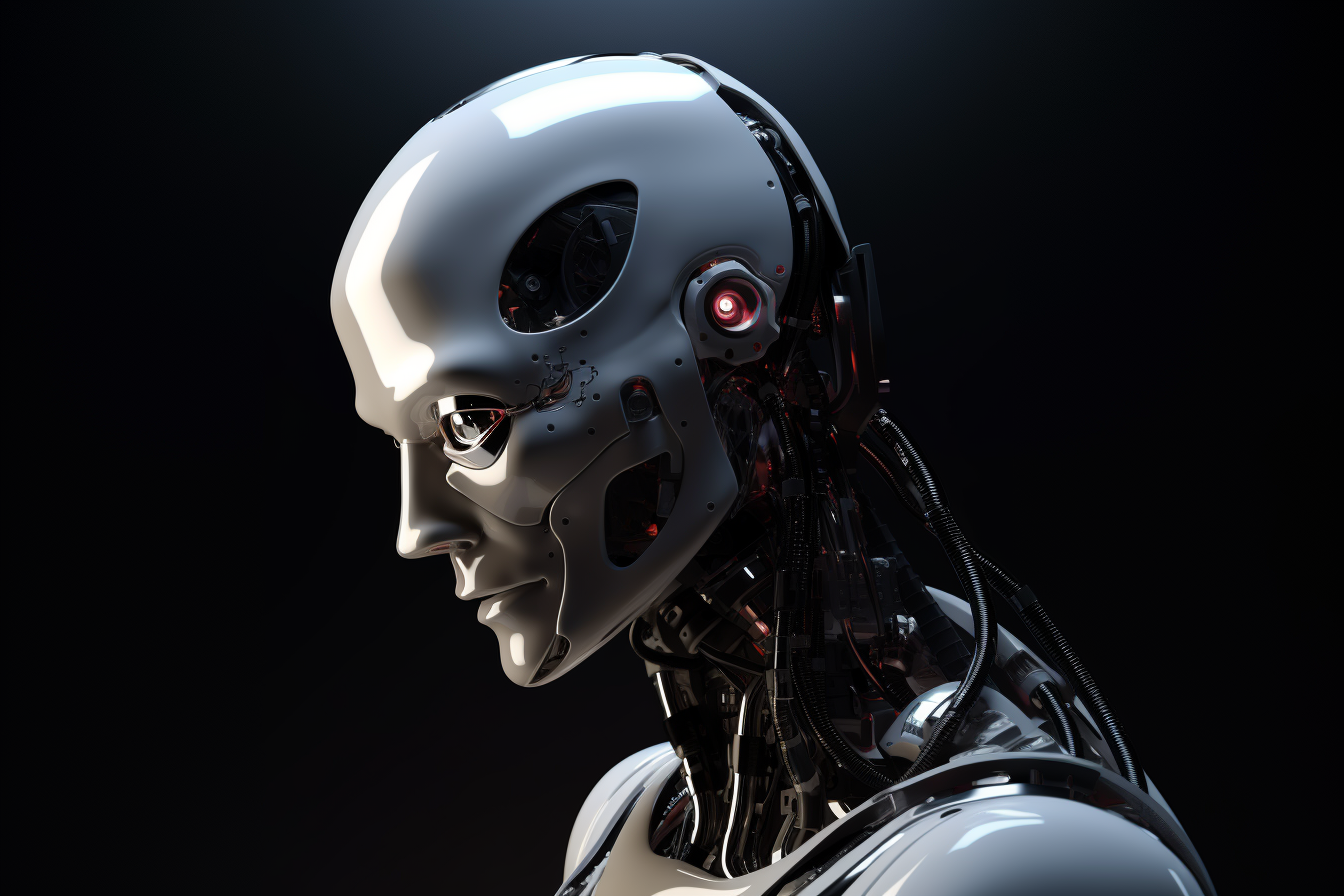The Future of Artificial Intelligence: Exploring its Possibilities and Challenges
Imagine a world where technology understands us as well as we understand each other, where artificial intelligence (AI) systems can hold conversations, diagnose illnesses, and even drive our cars. As you read this, that world is already emerging before our eyes, with AI research making leaps and bounds in recent years.
The AI Landscape
The realm of AI research is vast and ever-evolving, with researchers, tech giants, and startups all working diligently to push the boundaries of what machines can do. From natural language processing (NLP) and computer vision to autonomous robotics and game playing, AI technologies are transforming the way we live, work, and play.
At the heart of these advances are various AI techniques and architectures, such as GPT-4, deep learning, and reinforcement learning, each contributing to a deeper understanding of how we can teach machines to learn, adapt, and grow smarter. These breakthroughs have far-reaching implications for both the research community and everyday people who are curious about the latest advances in this exciting field.
Recent Breakthroughs in AI Research
The last few years have seen some truly groundbreaking advancements in AI research. Just a few years ago, I was amazed when I saw an AI-generated piece of artwork that seemed indistinguishable from something created by a human artist. And that’s just the tip of the iceberg!
NLP advancements, such as GPT-4, have made it possible for AI systems to generate human-like text, while computer vision has enabled machines to recognize and interpret images and videos with remarkable accuracy. Even more impressive, AI has conquered the world of games, with systems like AlphaGo defeating world champions in complex games like Go and chess.
Real-world Applications of AI
These breakthroughs don’t just make for a great conversation starter at dinner parties; they have profound implications for various industries and aspects of our daily lives. For example, AI-powered virtual assistants can now provide us with personalized recommendations and help us manage our schedules, while self-driving cars are becoming a reality on our streets.
In healthcare, AI algorithms are assisting doctors in diagnosing diseases, predicting patient outcomes, and even developing personalized treatment plans. In finance, AI-powered systems are revolutionizing risk assessment, fraud detection, and trading strategies. Meanwhile, the transportation sector is witnessing the rise of autonomous vehicles and AI-driven traffic management systems.
And let’s not forget about AI’s impact on education, where adaptive learning platforms are tailoring curriculums to individual students’ needs and abilities. As these applications become more widespread, both AI researchers and the general public will benefit from understanding the underlying technology and its potential impact on society.
Ethical Considerations and AI’s Impact on Society
As AI continues to weave its way into the fabric of our lives, it’s crucial that we address the ethical concerns that arise. For instance, the fear of job displacement is a topic that comes up often in discussions about AI. While it’s true that some jobs may be automated, it’s also worth considering the potential for AI to create new opportunities and industries.
Another concern is data privacy, as AI systems often rely on vast amounts of personal data to function effectively. Ensuring that this data is collected and used responsibly is a pressing issue for both AI researchers and the general public. Algorithmic bias is yet another challenge that AI developers must address.
The Importance of Addressing Algorithmic Bias
It’s essential to recognize that AI systems are only as fair as the data and algorithms used to train them. By proactively working to minimize biases in AI, researchers can help ensure that these technologies are a force for good in society. This requires a multifaceted approach, including:
- Data quality: Ensuring that the data used to train AI systems is diverse, representative, and free from bias.
- Algorithmic transparency: Developing techniques that allow users to understand how AI decisions are made.
- Regular auditing: Conducting regular reviews of AI systems to detect and address potential biases.
Future Possibilities and Challenges
As AI research continues to advance, we can expect even more impressive breakthroughs and applications in the coming years. For instance, AI-driven natural language interfaces could make technology more accessible to people with disabilities, while advanced AI systems could help solve pressing global challenges like climate change and disease.
However, with these possibilities come significant challenges:
- Job displacement: As AI automates tasks, there is a risk that jobs will be lost.
- Bias amplification: If AI systems are not designed with fairness in mind, they can perpetuate existing biases.
- Security risks: As AI becomes more widespread, there is an increased risk of cyber attacks.
Conclusion
The future of AI is complex, exciting, and full of potential. From breakthroughs in AI research to real-world applications and ethical considerations, understanding AI’s impact on both the research community and the broader public is essential. By keeping the lines of communication open between AI experts and the general public, we can foster a greater understanding of AI’s capabilities and challenges, ensuring that the technology serves as a force for good in our world.
So, whether you’re an AI researcher, an enthusiast, or simply someone who’s curious about AI’s role in our lives, remember that the future of AI is in our hands, and together, we can shape it for the better.



